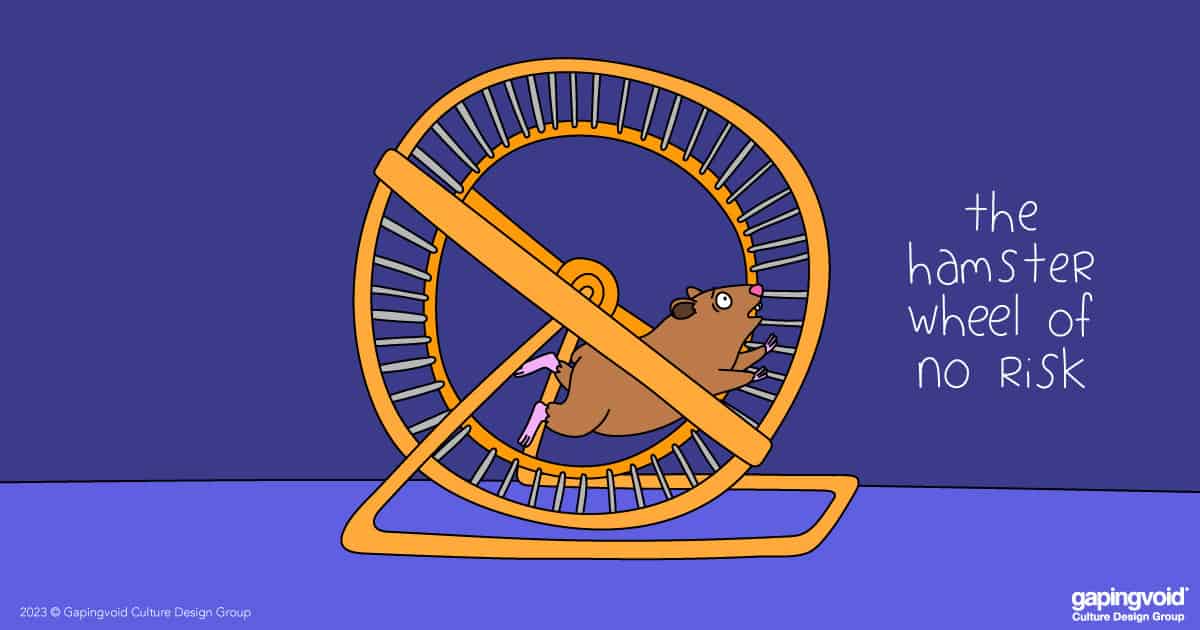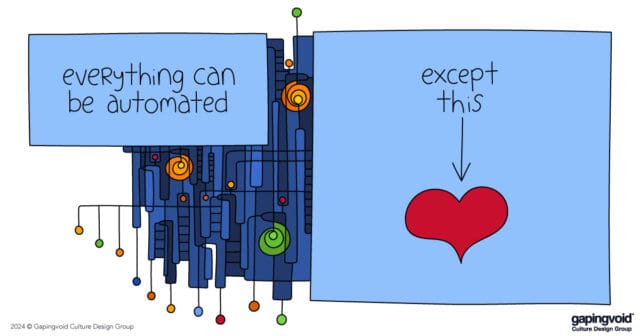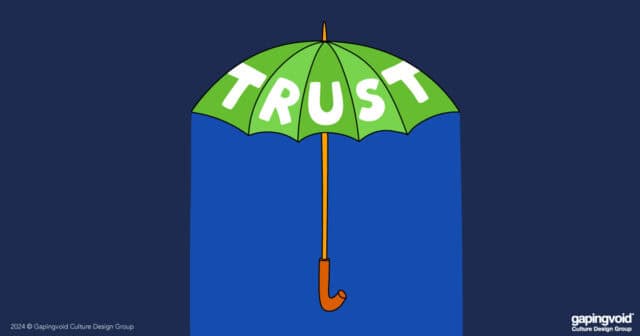
They say that the “Golden Age of TV” began in 1999 with the premiere of HBO’s gritty drama about mob life, “The Sopranos.” TV had never been better. TV had entered a new phase where the quality of the shows rivaled the best of 1970s cinema. High quality shows like “Mad Men,” “Oz”, “The Wire” or “House Of Cards” come to mind.
But according to The Economist, that era seems to be coming to an end. Large streaming services like Netflix or HBO’s Max (where the audiences are unequivocally headed) seem to be reigning things in, not only making their shows far more mainstream, less edgy, and less risky, but also cutting down on the number of new shows.
It’s not hard to see why. The Golden Age business model shifted from network broadcasting to streaming in an unprecedented era of cheap interest rates and cheap access to finance, allowing the players to try out a lot of things. Add to this the luxury of it all being unknown territory. Nobody quite knew what worked, nobody quite knew who the winners would be, so streaming platforms were encouraged by Wall Street investors to try to take a lot of risks, in the hope it would be THEIR strands of spaghetti thrown against the wall would be the ones that stuck.
Yes, you can do that when everything is new and money is cheap. But then COVID came along, interest rates soared and put an end to cheap money for the foreseeable future. At the same time people were feeling the pinch economically, so they started subscribing to less streaming. Subscription numbers started to drop.
You could also argue that all this helped trigger both the recent TV writers’ and actors’ strikes, which brought certain issues to a boil that had already been simmering away for years.
For the last hundred years, Hollywood has been a big deal culturally, the destination of millions of Greyhound buses filled to the brim with dreamers. But suddenly with things like AI and digital tech, we’re increasingly looking at a scenario where movies can be made for a lot less overhead and with a lot less people in the production. Sure, A-listers like Steven Spielberg and Brad Pitt will be fine, but for thousands of journeyman technicians, artisans and artists, they might be looking at their numbers being decimated, as ones and zeros take all their jobs.
What’s the lesson here? Basically, it’s called a “Golden Age” for a reason- “Ages” are temporary. If they lasted forever, we’d call them something else. Things change, markets adapt, new realities are formed. And it’s the people and businesses with strong, open, creative and innovative minds and cultures that tend to survive the transition.
But that tends to be the way with everything.



